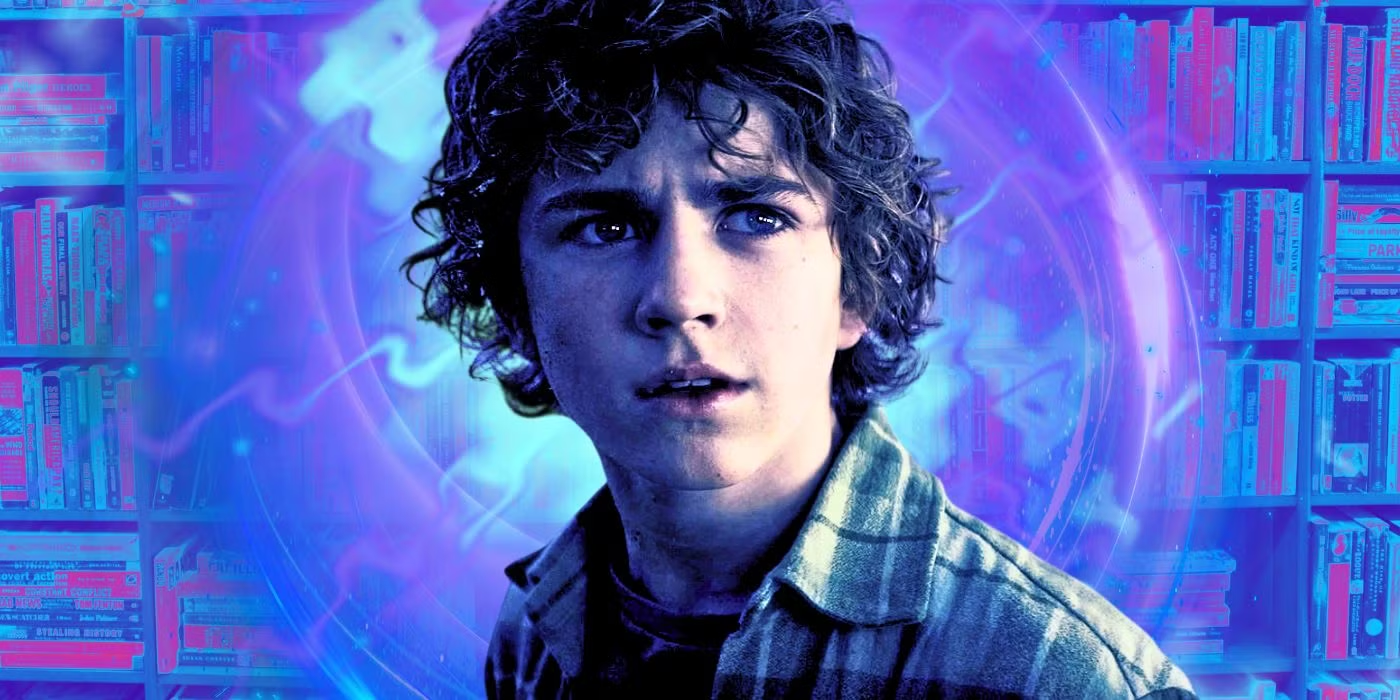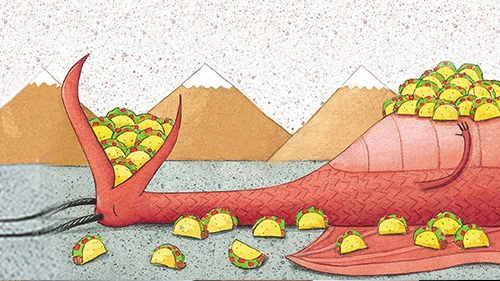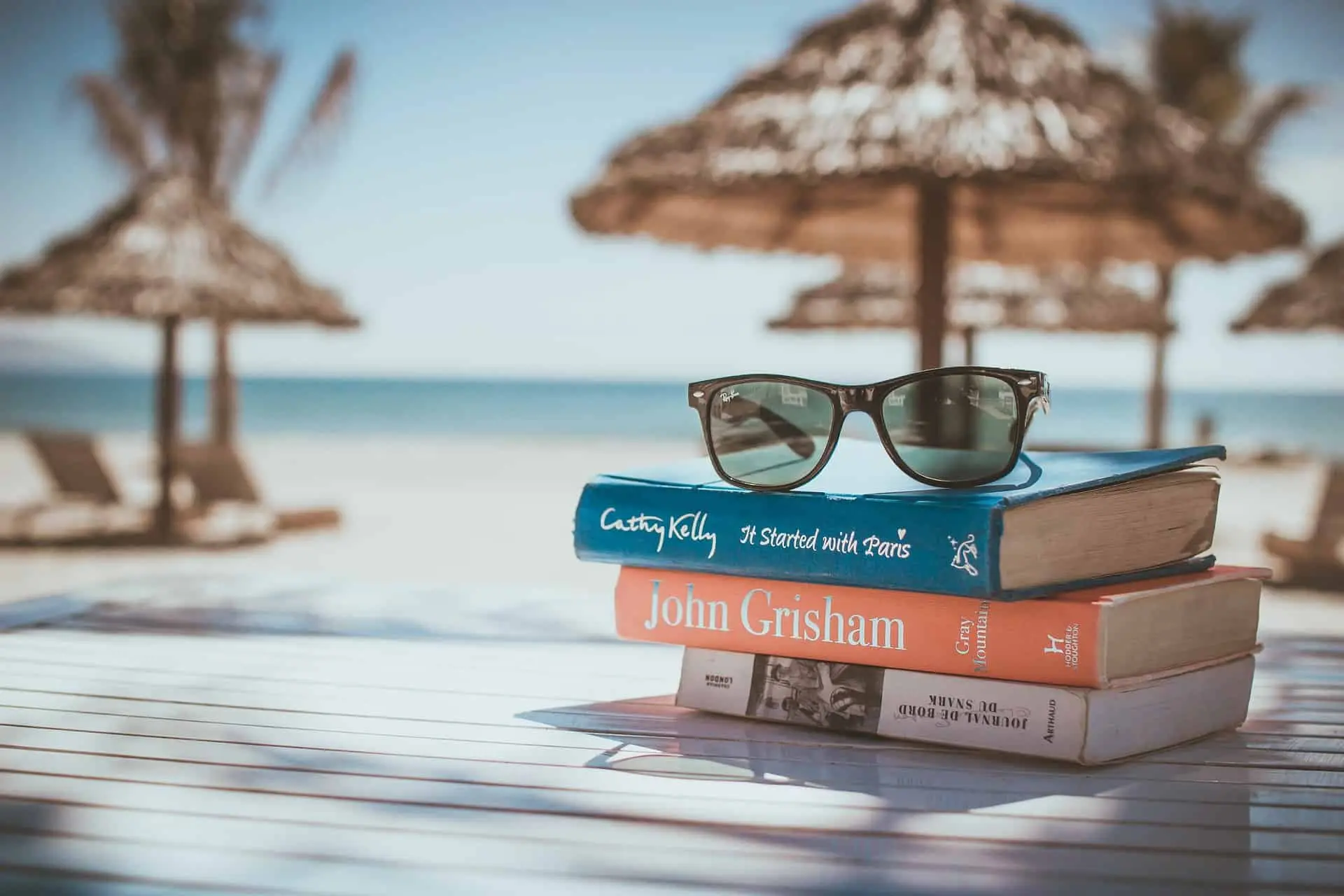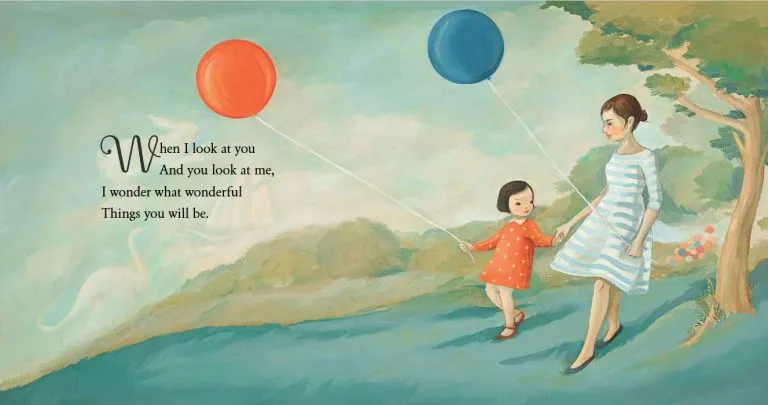What Is the Best Book a Teacher Ever Recommended to You?

Those of us who are readers often owe a lot to our teachers. To mark the end of Teacher Appreciation Week, we thought we’d take a moment to reflect on the most influential books we picked up thanks to a teacher who slipped a book into our hands, assigned a particular novel or reached out with a thoughtful recommendation.
We asked several writers about the books or stories that left a lasting impression. Maria Semple, the best-selling author of “Where’d You Go, Bernadette,” chose “The Great Gatsby,” by F. Scott Fitzgerald. “Through ninth grade, I read books mainly for fear of getting busted if I didn’t,” she said. “That changed when David Webb at Choate Rosemary Hall assigned ‘The Great Gatsby.’ I vividly remember the day Mr. Webb pressed us to divine deeper meaning from the green light at the end of the dock, the names West Egg and East Egg, the faceless eyes on the billboard, and my quickening glee in discovering that a novel could be more than plot. It’s a high I’ve been greedily chasing since: as an English major in college, an unsuccessful starter-of-book-groups in TV rewrite rooms and a novelist myself.”
Priya Parmar, the author most recently of “Vanessa and Her Sister,” recalled: “In 11th grade, I took a class called Romantic Poetry. Our teacher unexpectedly had to move away partway through the year. Another teacher, Ms. Sidebotham, came back early from maternity leave to take her place. She brought her new baby, Susannah, with her. There were nine of us, and all that spring we pushed back the desks and sat on a circle on the floor and read poetry. When it got warm, we sat out on the grass under the oak trees. It was the kind of rare, special magic that happens when a class becomes something else. A group? A club? A team? No one word catches it whole. We became an us. Summer came. Susannah could roll over. We cried when the year ended. I asked Ms. Sidebotham for a book that would carry that feeling of collective magic forward over the summer. Carry it forward and forward so I would never lose it. She gave me ‘A Tree Grows in Brooklyn,’ by Betty Smith. I carry it forward.”
The poet Ada Limón “had a wonderful English teacher in junior high named Mr. Larimore,” she wrote. “When he returned a paper that he liked, he wrote ‘GO TO COLLEGE\' in giant letters on the front page. I liked reading, but much preferred being read to, and it was hard to do on my own with any interest. With his approval, I picked out ‘The October Country,’ by Ray Bradbury. What shocked me was the compression of the stories. The otherworldliness. I had never read stories like this. The sense of surprise. The distrust of human beings. How the enemy could be the wind or a crowd, or how a farmer could be forced to cut wheat that isn’t wheat at all with his giant scythe. I also learned the word scythe! It was just weird enough for me at 13. Just forbidden enough. Just dark and morbid enough to keep my interest. I still think about those short stories, their strange and eerie turns, how it gave the world another magical (and creepy) possibility.”
Veronica Chambers, a senior editor at The Times and the author, most recently, of “Queen Bey,” started college at 16, and found solace in her Spanish literature course. “Nacuñan Saez, my professor, handed me Isabel Allende’s ‘The House of the Spirits’ that year, and it was the very definition of the rabbit hole that took Alice to Wonderland. He gave me book after book after that: classics by Borges and Márquez, but also books by authors I’d never heard of, like Silvina Ocampo. Magic realism became our secret language. That book and these conversations taught me everything — how this language that I mostly knew as the domain of my mother and older relatives was something magnificent, truly stunning on the page.”
The novelist Kiley Reid, the author of “Such a Fun Age,” thought of a short story she encountered four years ago. “I took a writing workshop at Sackett Street Writers in 2016, and I was so thankful to have Ted Thompson as an instructor, who recommended Donald Barthelme’s ‘The School.’ It’s about an elementary school where the class pets keep dying, and it’s so lovely and strange. When I’m lucky enough to teach workshops myself, ‘The School’ is always first on my syllabus.\"
For me, that book was “From the Mixed-Up Files of Mrs. Basil E. Frankweiler,” by E.L. Konigsburg. I was in elementary school when my teacher gave it to me, and right away the book felt special: I had loved “Eloise,” for example, but knew I wouldn’t ever dare pour milk down the mail chute at the Plaza. But I saw something of myself in the main character of “Frankweiler,” Claudia, who hated being outdoors and was sensible enough to get herself to the Metropolitan Museum of Art and hide out there for a week.
It was a book my teacher had thought to give to me because she’d been paying attention to my tastes and interests on top of everything else she had to do. And I know I wasn’t alone. I don’t know how she did it, but I’m grateful she did. (I’d still give almost anything to hide out in the Met.)
And now we’d love to hear from you: Was there a book a teacher recommended you’d never have picked up on your own but ended up loving? Which assigned book made a lasting impression? Let us know in the comments.




